- Home Page
- Company Profile
-
Our Products
- Rechargeable Led Torch
- LED SMD Radium Torch
-
Kissan torch
- Globeam 9900 kisan Torch
- G-6450 Kisan Led Torch
- GLOBEAM - Saathi Kisan Torch Having 4500 mAh Battery
- Globeam Sainik kisan torch
- Globeam Sultan Heavy Range of Kisan Torch
- Long Focus Torch Emergency Light
- GLOBEAM - Viraat Long Range Torchlight with 4500 mAh Battery
- GLOBEAM - Solar Kisan Torch with 1 AMP Fast Charger and Belt , Model: Globeam Arjun kisan Torch
-
LED SMD Torch
- Globeam Fly LED Torch
- Globeam 360 Smd Led Torch
- GLOBEAM Venus Smd LED Torch
- Globeam Bolt Smd LED Torch
- Globeam Plus Smd LED Torch
- Globeam Rockstar LED Torch
- Globeam Grand2 Smd LED Torch
- GLOBEAM Leo Smd Led Torch
- Globeam Kick Smd LED Torch
- Globeam 3g Smd Led Torch
- Globeam 360 Black SMD LED Torch
- Globeam Vision LED Torch
- GLOBEAM - 92 LED SMD Flash Torch Light
- Globeam Stone LED Torch
- Globeam Duro Smd LED Torch
- Globeam 180 Cell Torch
- Globeam Fly Radium Battery Torch
- Globeam Maxx Smd LED Torch
- Globeam - Leo Led Light Torch Made in India
- Globeam Torch
- Emergency Light
- Rechargeable LED Light
- Solar Rechargeable LED Lamp
- Contact Us
Welcome To
Globeam Radiant Pvt. Ltd.
Are you prepared to try out our best-selling Rechargeable emergency lights and LED flashlights/torches?
About Us
We, GLOBEAM, are a brand that has made a name for itself in the industry because of its superior product quality. Our customers have come to trust us because of our commitment to improving service quality in the field of led lights. We have been devoted to providing our customers with long-lasting and dependable products since 2006. Thanks to cutting-edge technology and efficient energy production, we have also established ourselves as a market leader.
Our goal is to supply high-performance products to our customers. We have concentrated on the durability of our goods and their world-class operating efficiency. GLOBEAM lamps and lights are stylish and sophisticated and come in various colours and sizes. Our products are stylish and easy to use, making them one of the most popular brands on the market. We strive to provide our clients with the finest service possible. We have a large selection of Torches/flashlights, Solar torch, Rechargeable torches, solar led lights, Kisan torches, SMD led lamps, radium torches, led flashlights, and cob led lamps.
We also provide inexpensive solar lights to contribute to the energy generation movement without affecting the environment. We have decreased the demand for batteries, which has resulted in an e-waste reduction.
Even before the launch of our brand, GLOBEAM Radiant Private Limited had established a footprint in the power market. As a result of our many years of expertise, we are familiar with customer expectations and desires. We are among the top distributors, suppliers and manufacturers of fashion lights due to our dedication and futuristic vision to give only the finest.
Our strength comes from dedicated and competent individuals that work tirelessly to ensure that our products are consistent and of great quality. We strive to satisfy the needs of our customers while exceeding all industry standards. We not only strive to create long-lasting goods, but we also value long-term relationships with our customers and providers. We consistently focus on customer happiness and satisfaction while keeping in mind their needs.
What Makes Us Unique?
- Suppose the customers want to learn and explore the new method of smart LED lighting with the finest emergency lights and LED torches. In that case, GLOBEAM is the ideal brand for them.
- Come with GLOBEAM if the clients like it and search for quality over quantity. We are here to assist them at their leisure and convenience.
- If users are looking for a long-term solution to all of their lighting issues, GLOBEAM is the place to go.
- GLOBEAM provides customers with the chance to supply their clients with the highest quality product possible. It is a wonderful way to bring happiness and light into the lives of their loved ones.
- With our Affordable Range, we do not compromise on standard quality. Our products undergo extensive development and testing to assure their high quality and strength.
Product Gallery

 07313726930
07313726930

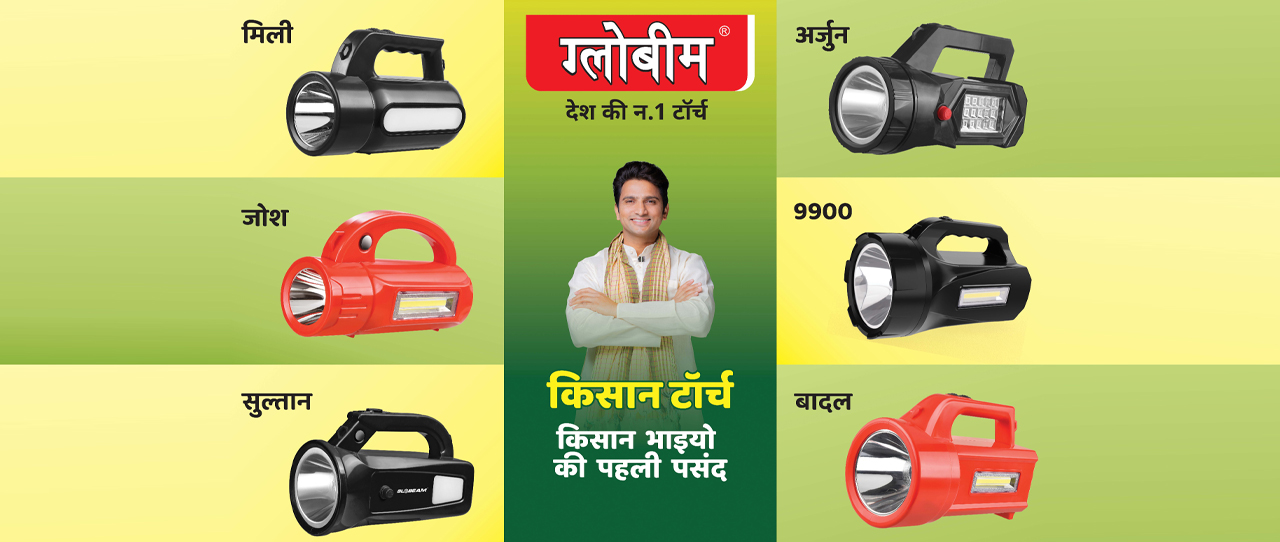
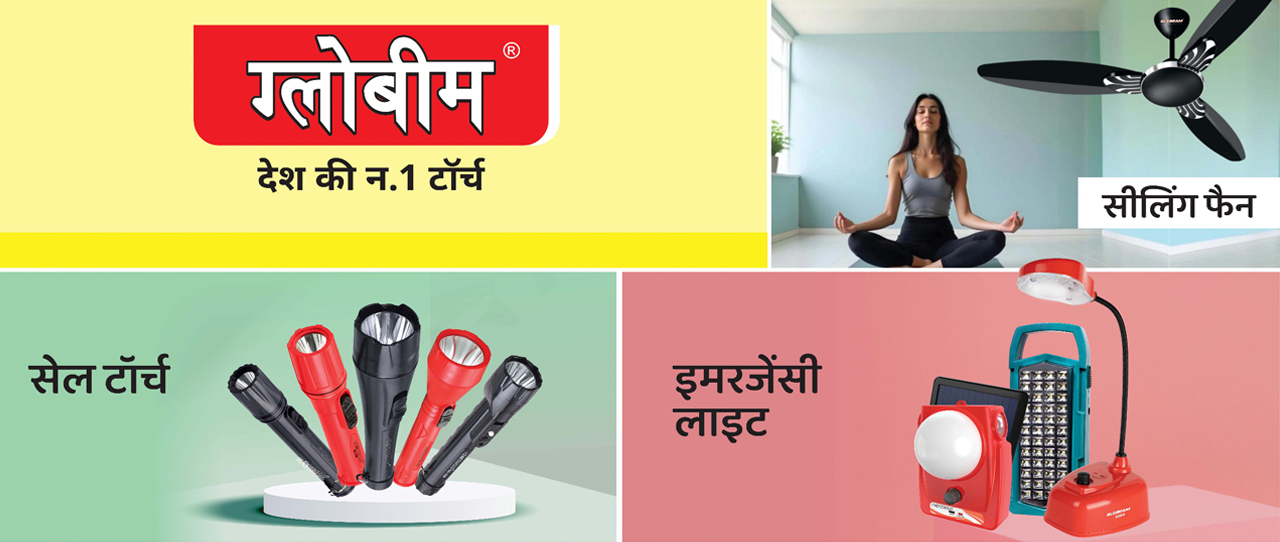
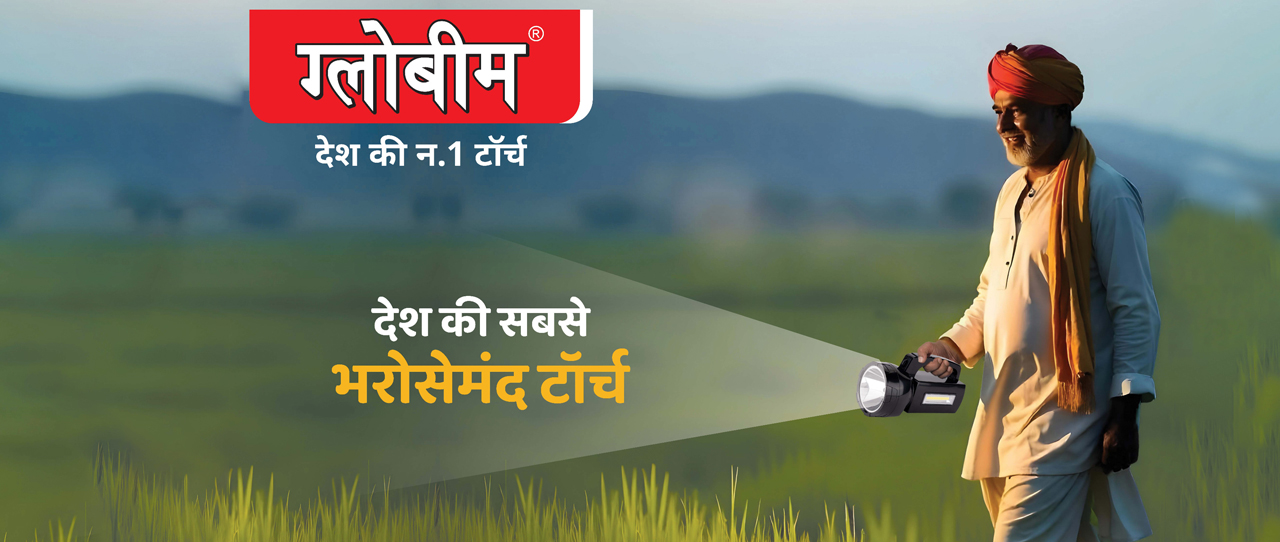
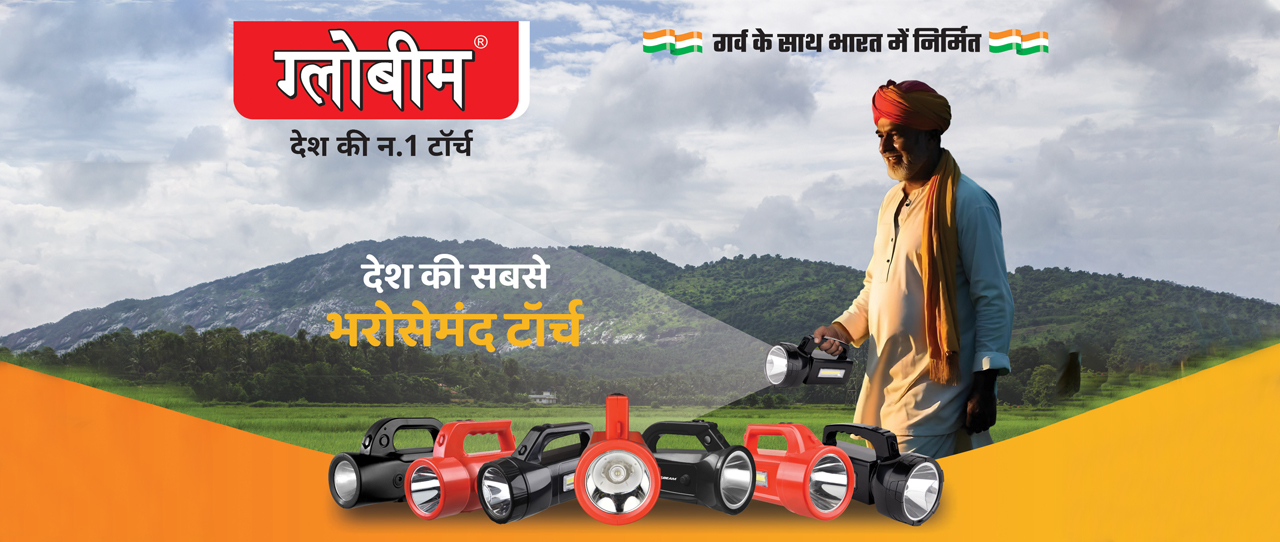
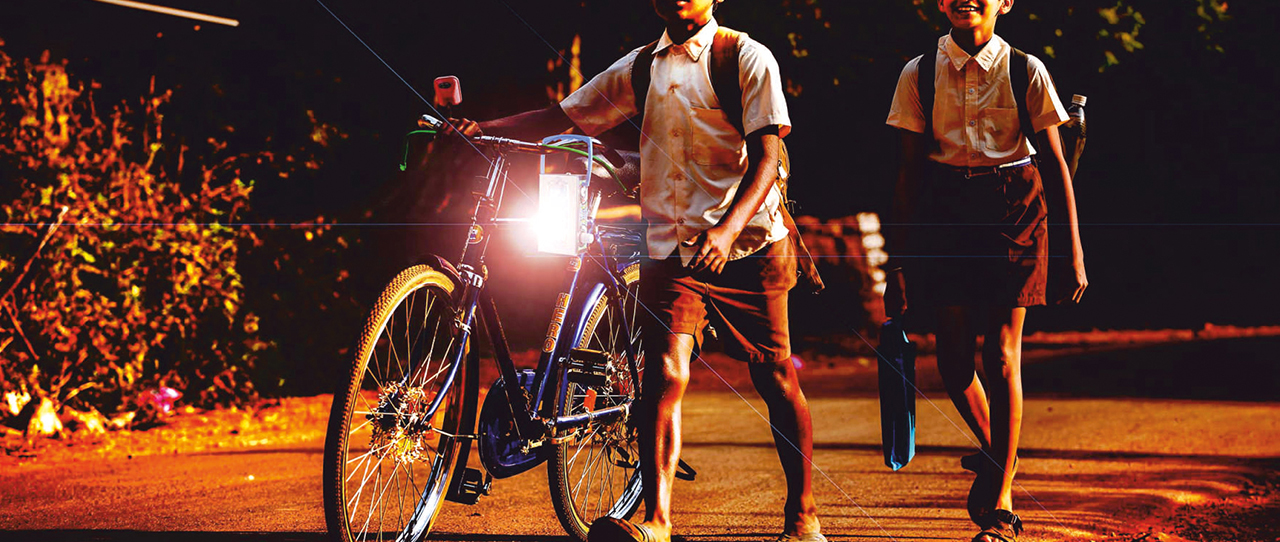
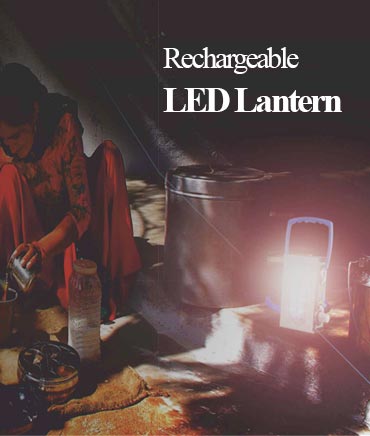
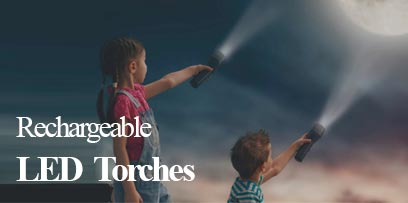
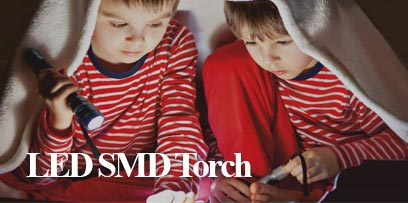
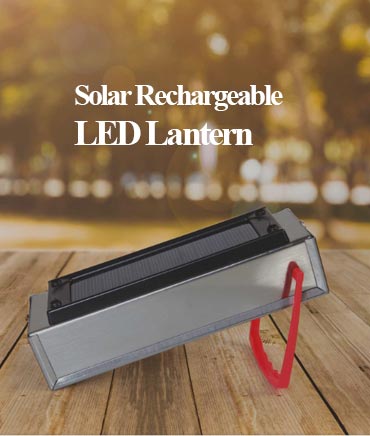
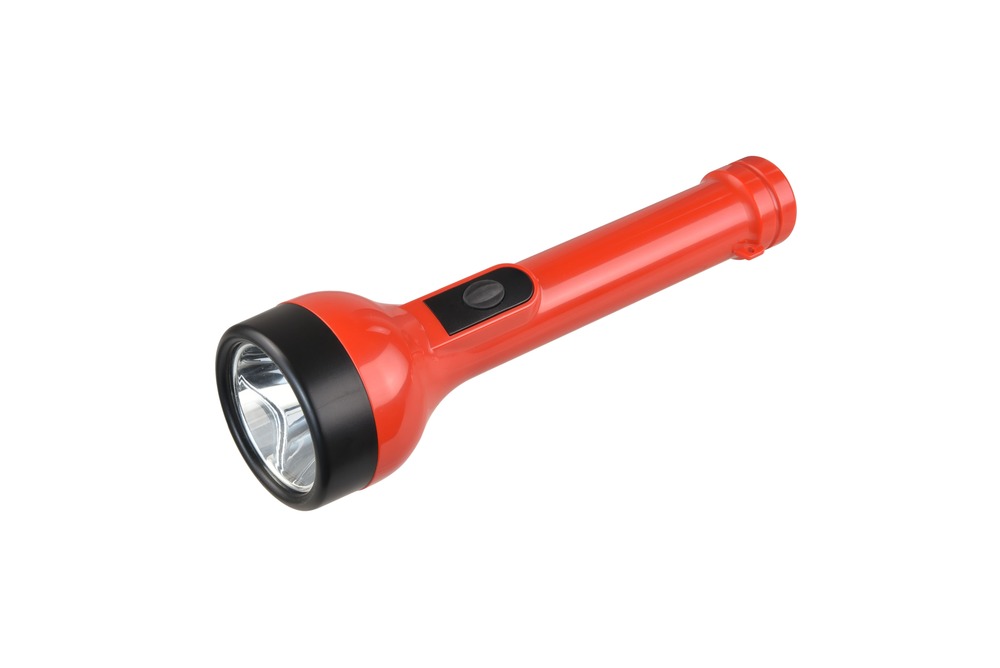
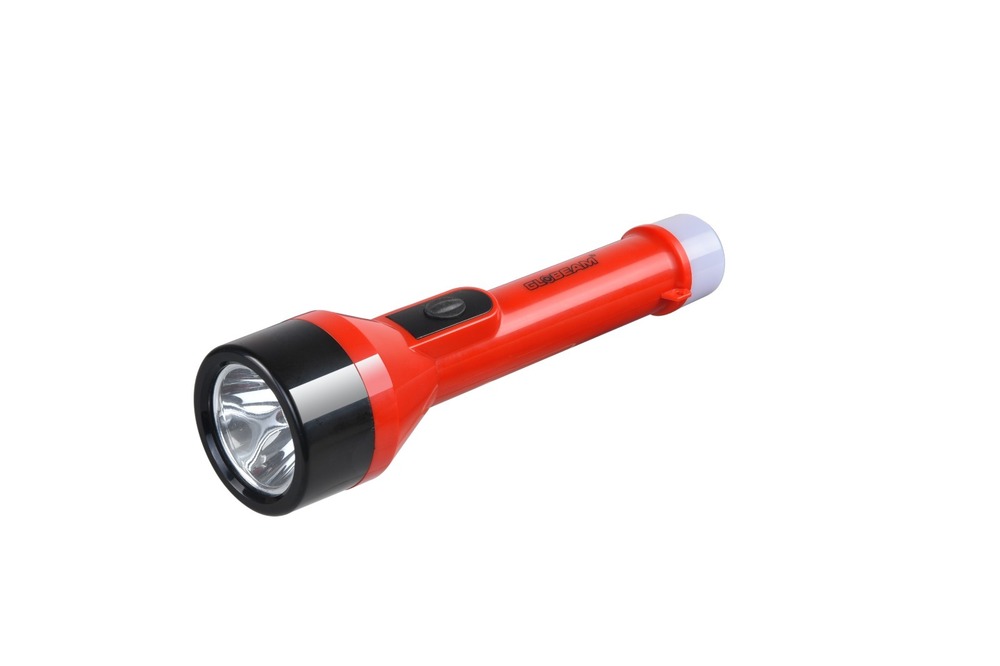
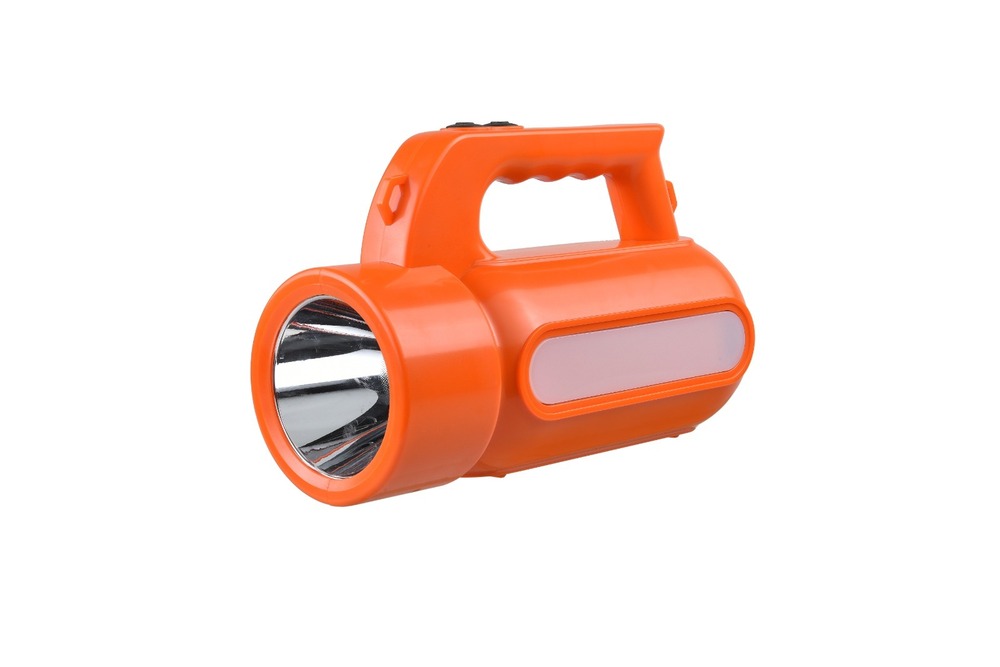
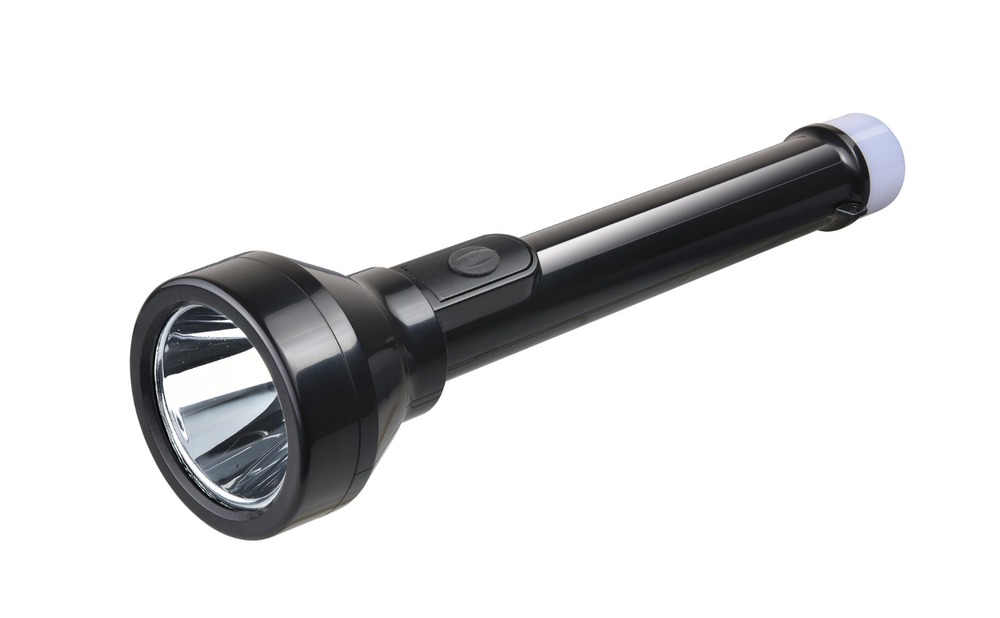

 English
English Spanish
Spanish French
French German
German Italian
Italian Chinese (Simplified)
Chinese (Simplified) Japanese
Japanese Korean
Korean Arabic
Arabic Portuguese
Portuguese

